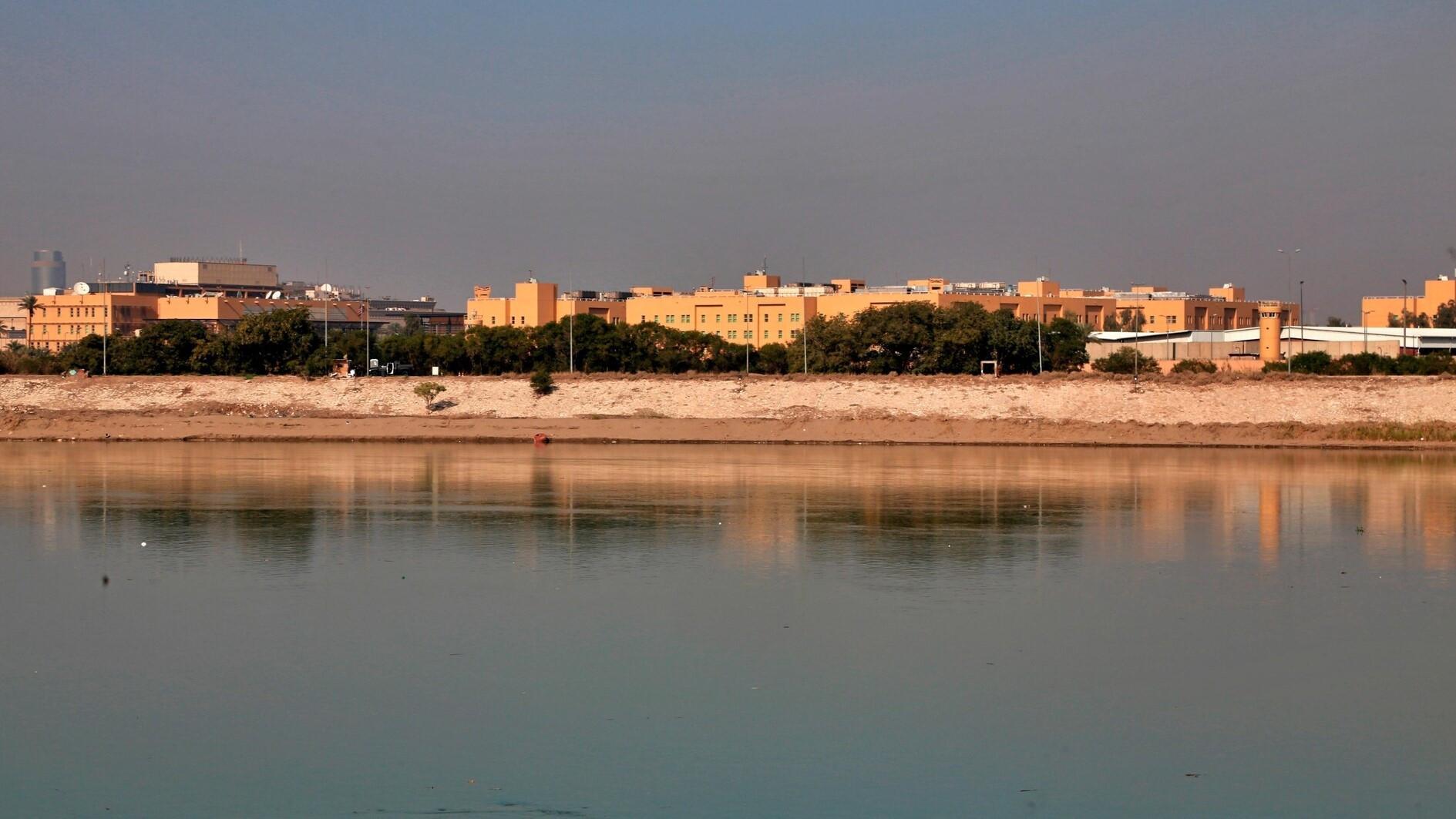
A bill in Iraq that would further formalize the role — and perhaps, the autonomy — of a powerful coalition of pro-Iran former paramilitaries has sparked a heated debate, fanned in part by U.S. pressure.
Few details of the bill that could decide the future of the Hashed al-Shaabi alliance have been made public.
Formed in 2014 when Iraqis were urged to take up arms against ISIL, the Hashed is a powerful force with major military and political clout.
The bill aims at regulating and restructuring the alliance of a myriad of armed groups, which together have more than 200,000 fighters and employees.
Not mincing words, U.S. Secretary of State Marco Rubio has said the proposed legislation "would institutionalize Iranian influence and armed terrorist groups undermining Iraq's sovereignty."
An Iraqi government official, speaking to AFP on condition of anonymity, said opponents of the bill say it "seems to establish something similar to the Revolutionary Guards" in Iran — a powerful military force imbued with the Islamic republic's ideology.
The aim, according to political scientist Renad Mansour, is to integrate the Hashed "even more into the state."
"Some argue that this is an important first step, because it's better to have them in this system than outside the system, where they could be spoilers," said Mansour, a senior research fellow at Chatham House think tank.
But others, he added, "argue that this is a further way for the Hashed to consolidate its power," giving the alliance "access to greater funds, greater intelligence and other kind of equipment and technology."